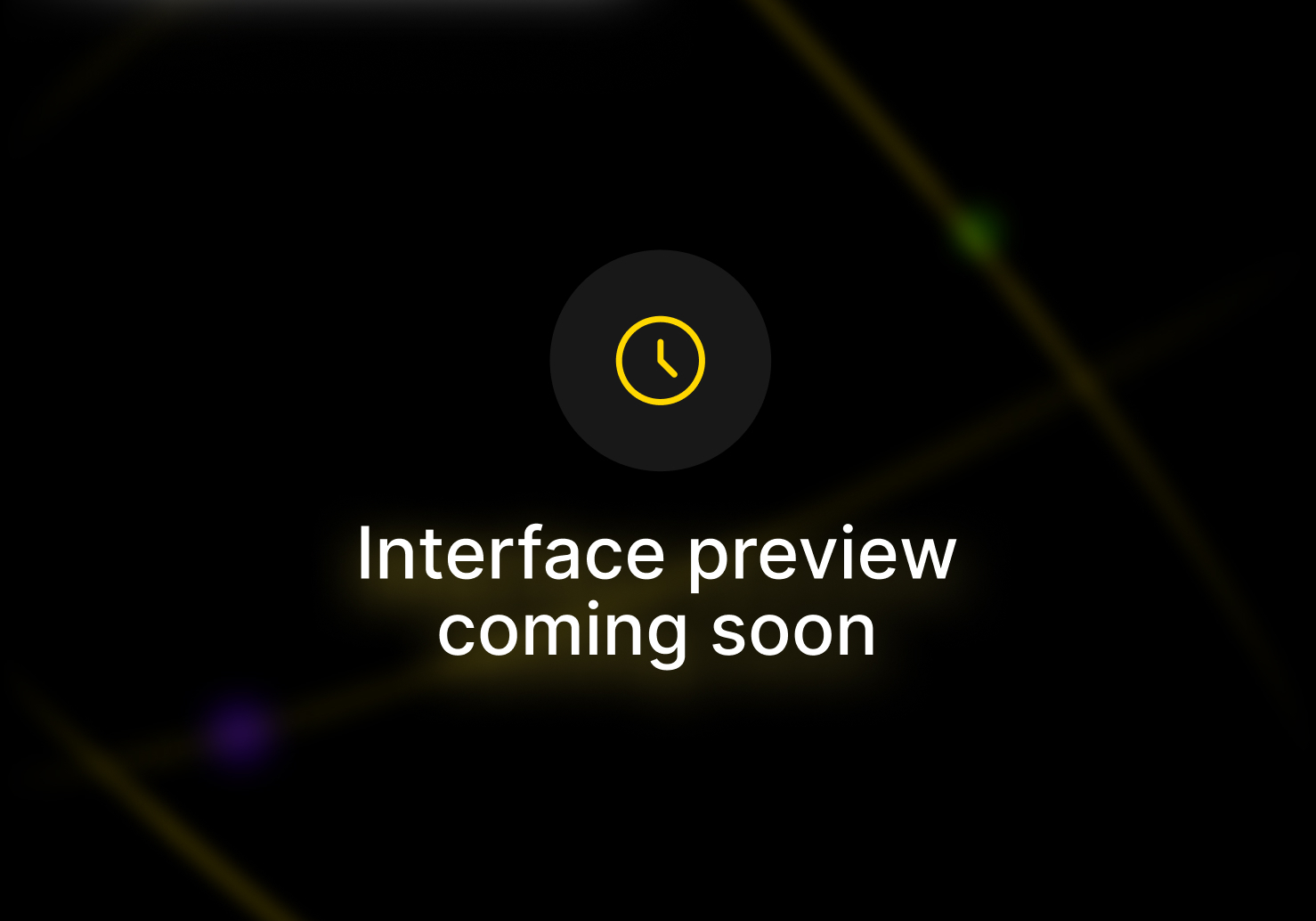
'Last Chance'
'Limited Time Offer'
These were once reliable attention grabbers but the landscape of email marketing has evolved. Today's audience has developed an immunity to these once potent tactics, recognizing them as mere ploys.
Your subject line should be more than a hollow promise – it should act as a teaser, offering a glimpse into the valuable content awaiting your audience inside the email. Ignoring the potency of your subject line is akin to presenting a beautifully wrapped gift with an uninspiring tag.
From the psychology behind attention-grabbing phrases to the science of avoiding spam filters, let’s learn how to fix, enhance, and elevate your email blast subject lines.
At its core, an email subject line is the gateway to your message, the first impression that determines whether your audience will engage or scroll past.
It includes three key components:
Sender Name: The identity your recipients see first. A recognizable and trustworthy sender name establishes credibility.
Preheader: A short snippet that follows the subject line, serving as a preview of the email’s content. A well-crafted preheader complements the subject line and entices readers to open the message
Subject Line: The headline of your email—the hook that captures attention.
Aim for clarity, relevance, and intrigue in around 40–60 characters. Studies show this sweet spot can optimize open rates. Mastering these components is the cornerstone of crafting subject lines that compel rather than repel your audience.

1. Open Rate Optimization
The subject line is the gatekeeper of your email’s content. A well-crafted subject line boosts open rates by piquing curiosity and inviting audiences to explore further. In a crowded inbox, a standout subject line determines whether your message is opened or ignored.
2. Credibility Building
A thoughtful subject line does more than capture attention—it builds trust. Consistent sender names and messaging reinforce brand recognition, fostering credibility and loyalty over time.
3. Audience Engagement
Subject lines that reflect audience interests drive engagement. A personalized and relevant subject line shows understanding and connection, encouraging recipients to interact beyond a single email..
4. Reducing Spam Flagging
Misleading or spam-like subject lines can trigger filters and harm deliverability. By ensuring your subject line aligns with the email’s content, you enhance sender reputation and reduce spam complaints.
1. Clarity Over Cleverness
Choose clarity over wordplay. Clearly communicate the value or purpose of your email to set expectations and reduce confusion.

2. Personalization with Purpose
Personalization goes beyond using the recipient’s name. Use relevant customer data—such as preferences, purchase history, or interests—to show genuine understanding and increase engagement.
3. Avoiding Deceptive Tactics
Stay away from clickbait. Misleading subject lines damage credibility and increase spam complaints. Be transparent and align your subject line with the actual email content.
4. Segmentation for Precision
Segment your audience to deliver targeted subject lines. Address unique interests or needs across different groups to increase relevance and engagement.

5. Mobile-Optimized Conciseness
Most readers check emails on mobile devices. Keep subject lines concise (40–60 characters) to ensure they display properly and capture attention instantly.
6. A/B Testing Iterations
Run A/B tests to refine your subject lines. Experiment with variations in tone, structure, or length, and analyze results to identify what resonates most with your audience.



7. Highlighting Value Proposition
Communicate value clearly. Whether offering exclusive content or time-sensitive deals, emphasize the benefit of opening your email.


8. FOMO without Exaggeration
Use the Fear of Missing Out (FOMO) strategically. Create genuine urgency for limited offers or exclusive access, but avoid overhyping or misleading language..

9. Localization for Relevance
Adapt subject lines to reflect the geographic or cultural context of your audience. Localized messaging feels more personal and relevant.
10. Analyzing and Adapting
Use analytics to evaluate performance. Track open rates, CTRs, and conversions, then adjust based on data to continually improve your subject line strategy.

1. Vague or Ambiguous Language
Example: "Check This Out!"
This lacks specificity and gives recipients no reason to open the email.
2. Overusing Urgency
Example: "Last Chance! Limited Stock!"
Overusing urgency can cause fatigue and reduce authenticity.
3. Excessive Use of Caps and Symbols
Example: "🔥 AMAZING OFFER – TODAY ONLY!!! 🔥"
Overuse of caps or symbols can trigger spam filters and look unprofessional.
4. Misleading Clickbait
Example: "You Won $1,000! Open Now!"
Misleading subject lines destroy trust and increase spam complaints.
5. Ignoring Mobile Optimization
Example: "An Exciting Announcement That Doesn't Fit in the Preview..."
Subject lines that are too long get cut off on mobile, reducing clarity and impact.
6. Generic and Unpersonalized Content
Example: "Special Offer for You!"
Lack of personalization feels impersonal and mass-produced, lowering engagement.

We have explored the nuances that separate a click-worthy opener from a forgettable one. From avoiding deceptive tactics to leveraging personalization, mastering subject lines requires both creativity and strategy..
To streamline your process, use tools that automate repetitive tasks so you can focus on creative optimization. Platforms like SendX offer advanced email blast features and built-in A/B testing to help refine your subject lines and improve performance.
Your subject line is your email’s ambassador to the inbox. Make it genuine, intriguing, and relevant—and let SendX be your silent partner in crafting subject lines that convert.